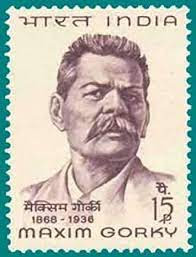On March 26, 1931, Swissair was founded through the fusion of the airlines Ad Astra Aero (founded in 1919) and Balair (1925). The founding fathers were Balz Zimmermann and the Swiss aviation pioneer Walter Mittelholzer. In contrast to other airlines, it did not receive support from the government. The name "Swissair" was the proposal of Dr. Alphonse Ehinger, president of the directorial board of the Balair, although "Swissair" was first deemed "un-Swiss". In the first operational year, 64 people were employed including ten pilots, seven radio operators, and eight mechanics. In total, their planes offered 85 seats, and operation was maintained only from March to October. The route network had a length of 4,203 kilometres (2,612 mi). For most of its 71 years, Swissair was one of the major international airlines and known as the "Flying Bank" due to its financial stability, causing it to be regarded as a Swiss national symbol and icon. It was headquartered at Zürich Airport, Kloten.









